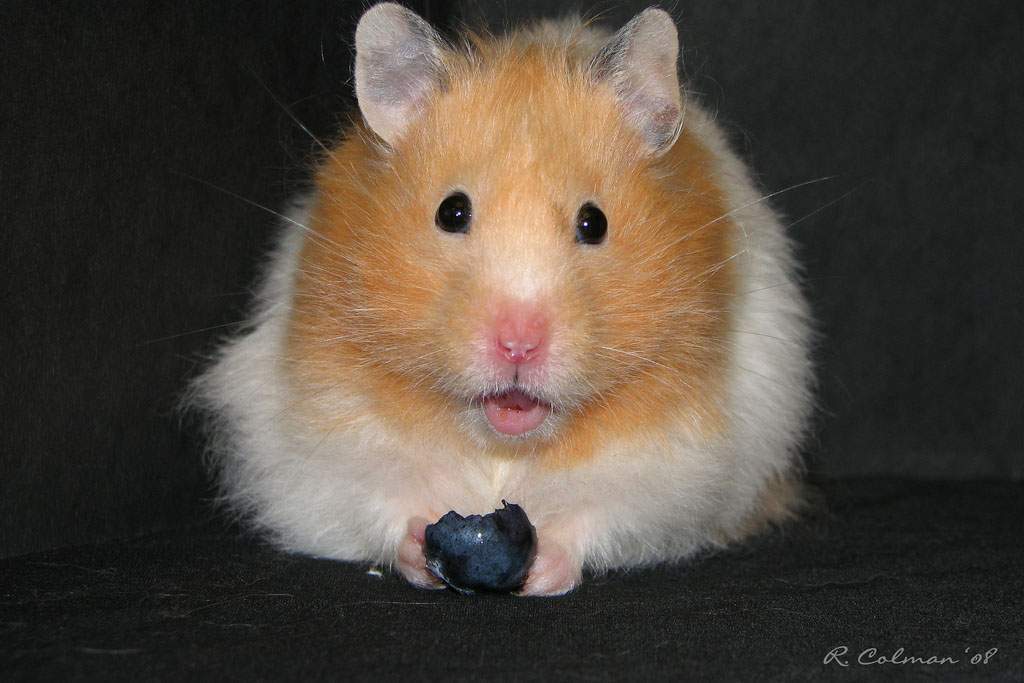
Typically, wild hamsters aren't cannibals. But in northeastern France, scientists have observed hamster mothers eating their still-living babies.
The scientists have shown that the cannibalistic behavior is caused by the hamsters' diet. Specifically corn.
Wild hamsters in northeastern France used to exist on a diet of grains, roots, and insects. But since industrial farming has taken over the region, the hamsters eat mostly corn. And the corn lacks a vitamin called B3, or niacin.
Vitamin B3 deficiency is linked to a condition called pellagra, which can cause dementia. Plus, undercooked corn‑based diets have been linked to violent behaviors in humans, including murder, suicide, and cannibalism. And these same symptoms are appearing in those hamsters.
The Dangers of Corn
The scientists did a series of experiments comparing wild hamsters fed on wheat and corn‑based diets. The hamsters that ate wheat weaned most of their pups.
But the hamsters that ate corn ate most of their pups. In another experiment, the researchers gave one set of hamsters corn with B3 added, and another set corn without B3. The hamsters that got the B3 behaved normally. The hamsters that did not get B3 consumed their young.
Beyond being disturbing, the results of this study speaks to how habitat destruction can have all sorts of horrifying consequences for vulnerable species.
Thank you to Mathilde Tissier of CNRS and the University of Strasbourg for reviewing this episode.
Sources And Further Reading:
- Hood, Marlowe. "Corn turning French hamsters into deranged cannibals: research." Phys.org - News and Articles on Science and Technology. January 27, 2017. Accessed May 03, 2017.
- Tissier, Mathilde L., Yves Handrich, Odeline Dallongeville, Jean-Patrice Robin, and Caroline Habold. "Diets derived from maize monoculture cause maternal infanticides in the endangered European hamster due to a vitamin B3 deficiency." Proceedings of the Royal Society B: Biological Sciences 284, no. 1847 (2017): 20162168. Accessed May 3, 2017. doi:10.1098/rspb.2016.2168









